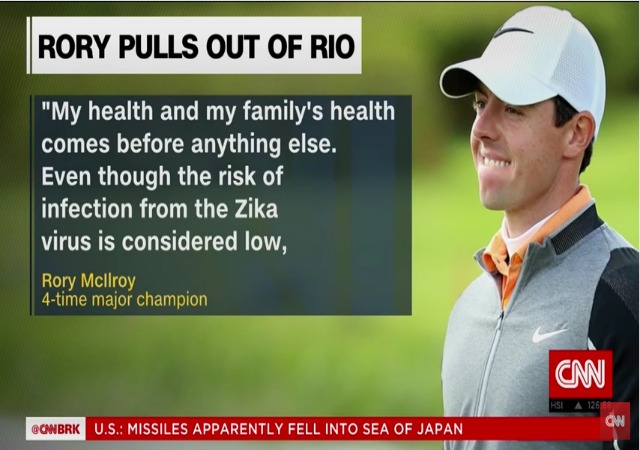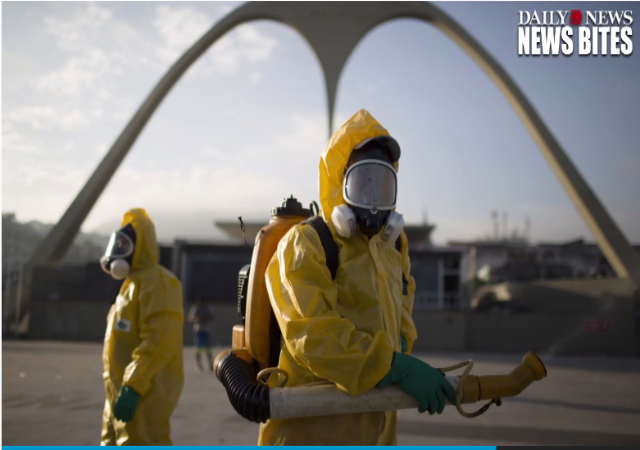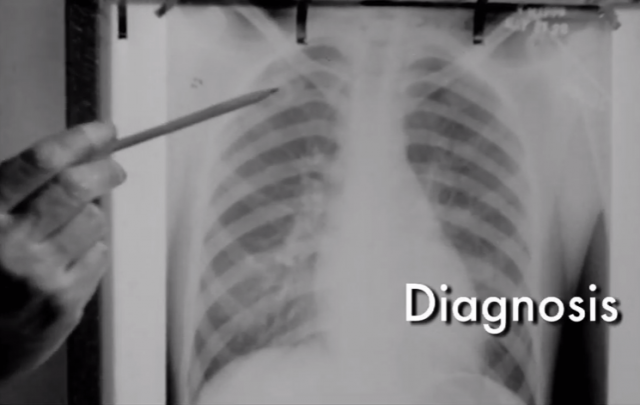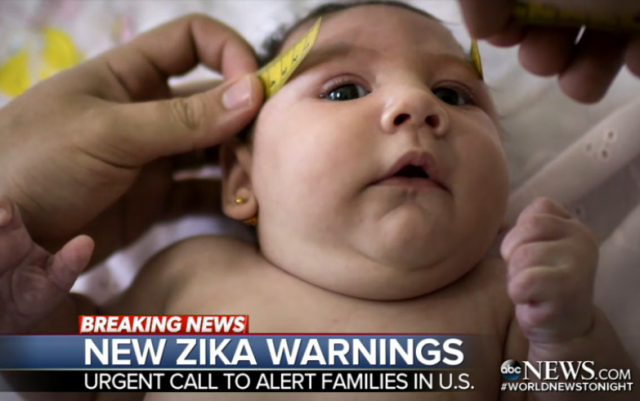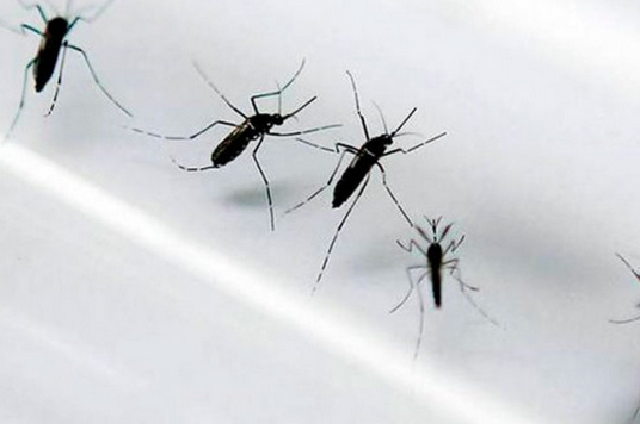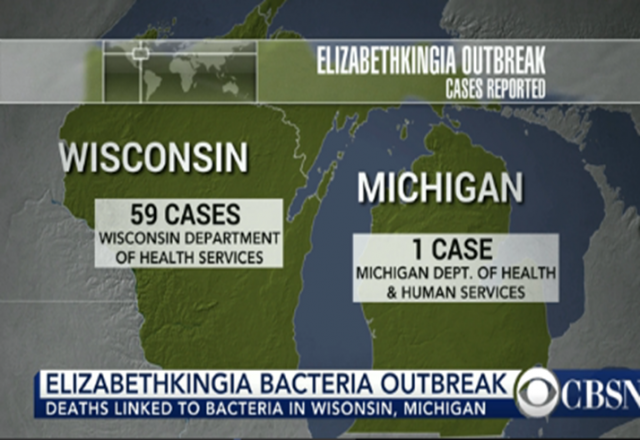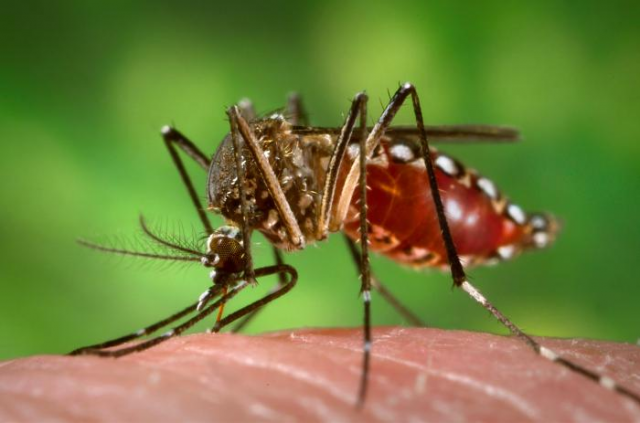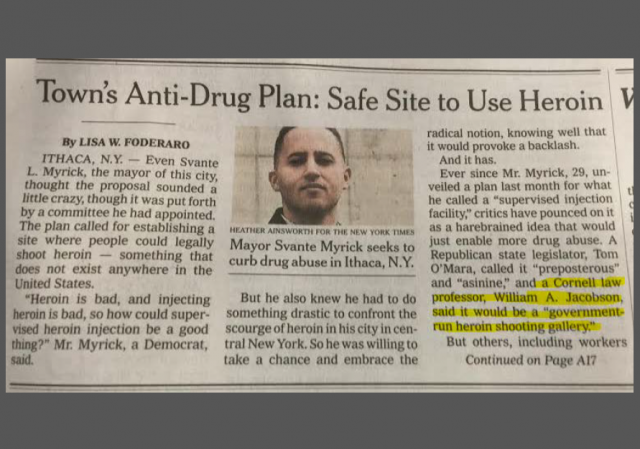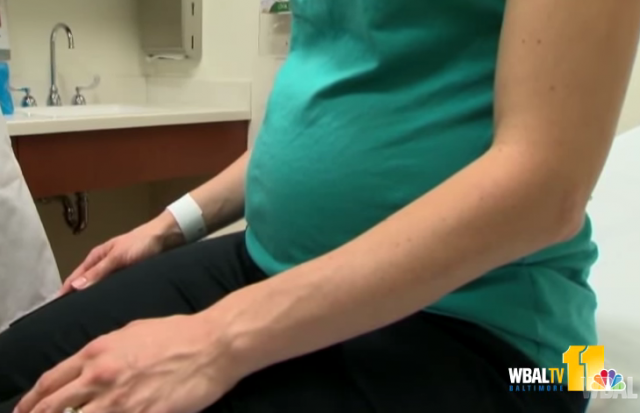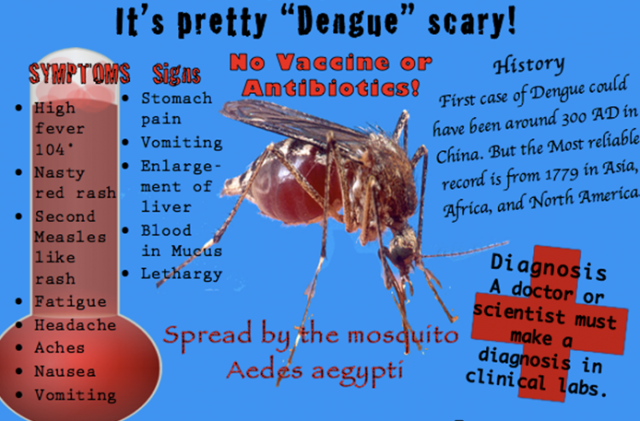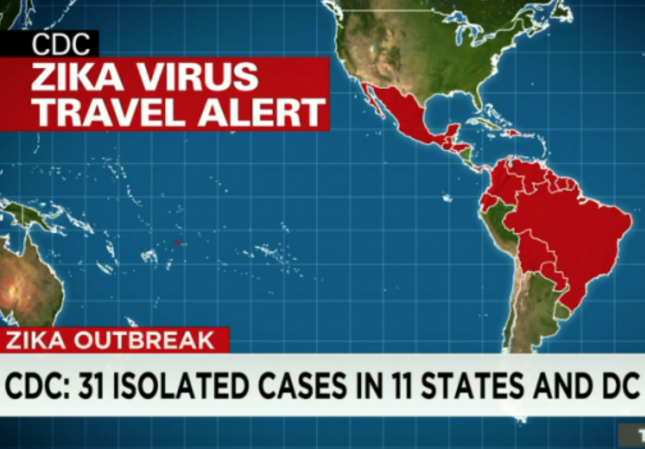Aloha to an American
tropical disease crisis!
Hawai’i County Mayor Billy Kenoi declared a State of Emergency in Hawai’i County Monday morning as the Big Island continues to face the dengue fever outbreak.
As of Friday, Feb. 5, a total of 250 individuals had been infected with the dengue virus since the beginning of the outbreak. Three of the individuals remained “potentially infectious” on Friday. Hawai’i Department of Health officials will update the numbers again Monday afternoon.
As with Zika, specific mosquito species are the carrier or the virus.
Dengue fever is characterized by an array of symptoms, including high fever, severe headache, severe pain behind the eyes, and joint pain. A variety, known as dengue hemorrhagic fever, may be fatal.
As with Zika, standing water associated with discarded tires is a contributor to this crisis. In this case,
Hawaii County will prohibit the acceptance of tires at its landfills.

